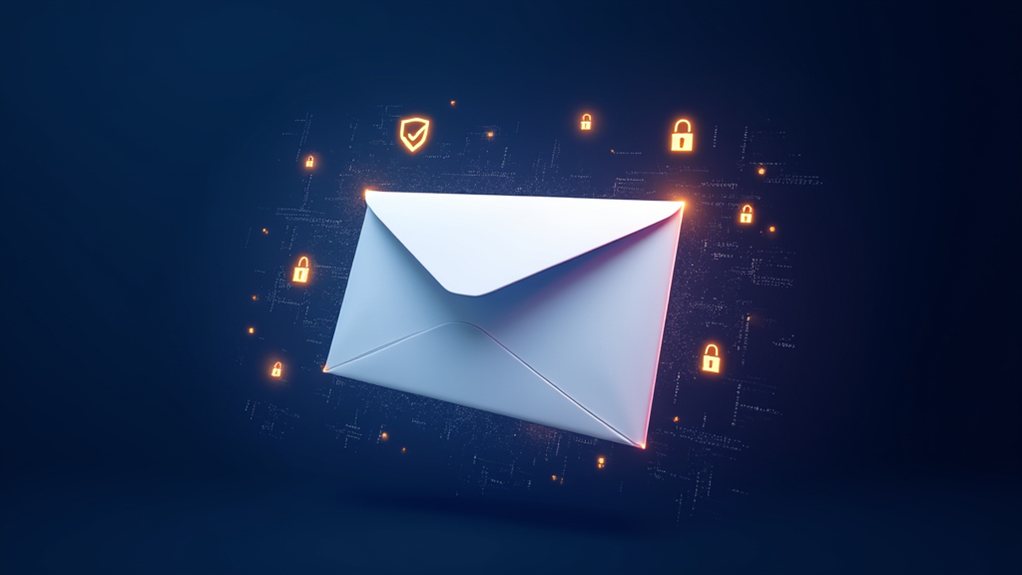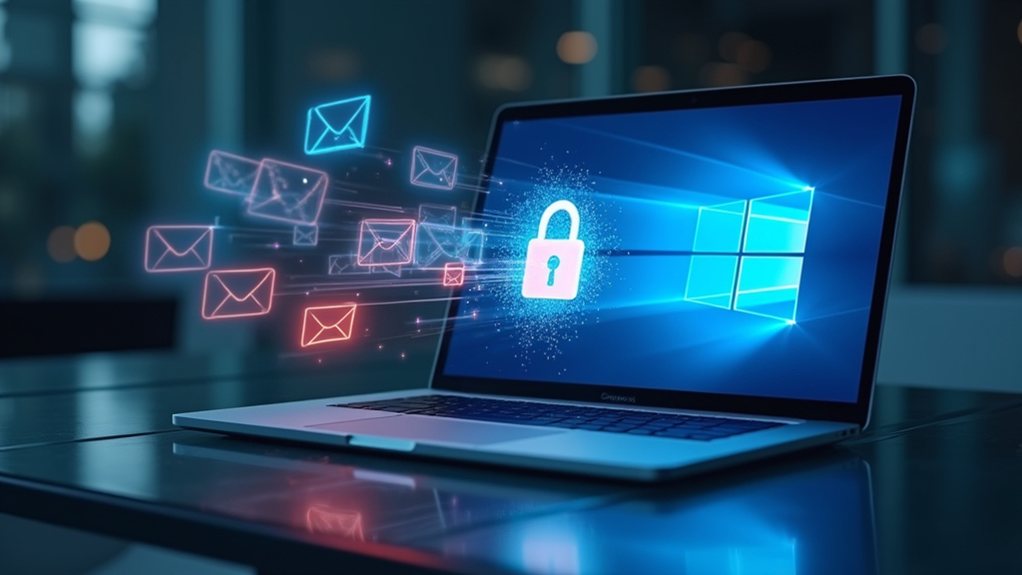Outlook’s Email Sending Is About to Change — And It Could Disrupt Your Routine

Outlook’s Email Revolution: Are You Ready? Starting May 5, 2025, Outlook.com implements stricter authentication for email senders. High-volume users must adopt SPF, DKIM, and DMARC protocols. Failure to comply? Expect your emails to be junked or rejected. Brands and marketers need to adjust quickly; after all, the stakes are high in a world rife with phishing scams. The email environment is shifting. How will you adapt to these new norms? There’s more on this evolving front.

As of May 5, 2025, high-volume senders on Outlook.com will face stricter authentication requirements, a move that promises to reshape email communication as we perceive it. Imagine sending over 5,000 emails daily and suddenly being told your messages might end up in junk folders or be outright rejected. That’s the reality looming for high-volume senders as Microsoft tightens its grip on email security.
With mandatory protocols like SPF, DKIM, and DMARC coming into play, senders will need to double-check their configurations to verify their emails are legitimate. It’s not just about maintaining a pristine inbox anymore; it’s about survival in the crowded online environment. Microsoft’s enforcement of these protocols reflects an urgent response to the rising tide of spam and phishing threats. In a world where cyber threats have become as common as cat memes, the stakes are high. Stricter authentication requirements will likely lead to a significant increase in email scrutiny by service providers. As the number of organizations implementing DMARC nearly doubled from 2023 to 2024, it’s clear that the industry is waking up to the need for better security.
With new protocols like SPF, DKIM, and DMARC, email legitimacy is crucial for survival amidst rising spam and phishing threats.
This shift doesn’t come without its consequences. High-volume senders—think marketers, businesses, and anyone else who relies on mass communication—will have to tighten their security practices. Failure to comply could mean their carefully crafted emails are as welcome as a surprise tax audit. Certainly, Microsoft has made it clear: email security is non-negotiable. The company aims to bolster consumer trust and maintain the health of the email ecosystem. But can all senders rise to the challenge?
Interestingly, Microsoft isn’t alone in this endeavor. Google and Yahoo have also initiated similar updates, creating a wave of standardization across platforms. It’s as if the tech giants have collectively decided that cyber hygiene is the new cool. For those using third-party email service providers, the pressure is on to verify that their systems are compliant.
Beyond authentication, Outlook is gearing up for additional changes. Starting in June 2025, users can expect improved features with Copilot, designed to refine email tone and clarity. This AI-powered assistant promises to make email communication as smooth as a well-crafted latte. Yet, those who prefer a hands-off approach can easily disable it in settings.
As these changes unfold, it’s clear that the environment of email communication is rapidly evolving. Users must adapt or risk being left behind in a digital world that demands accountability and authenticity. The future of email is coming, whether you’re ready or not. Buckle up; it’s going to be an interesting ride.
